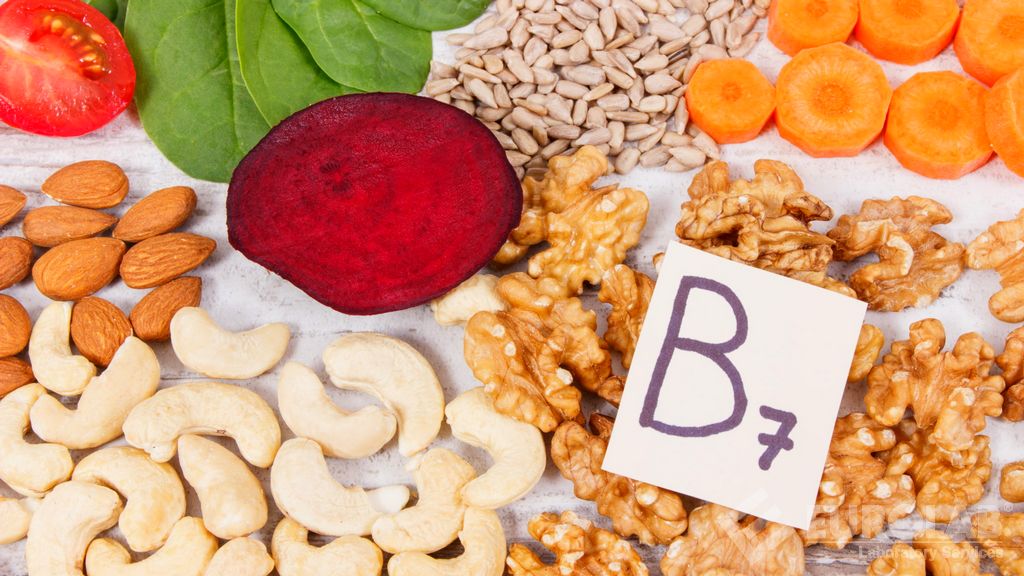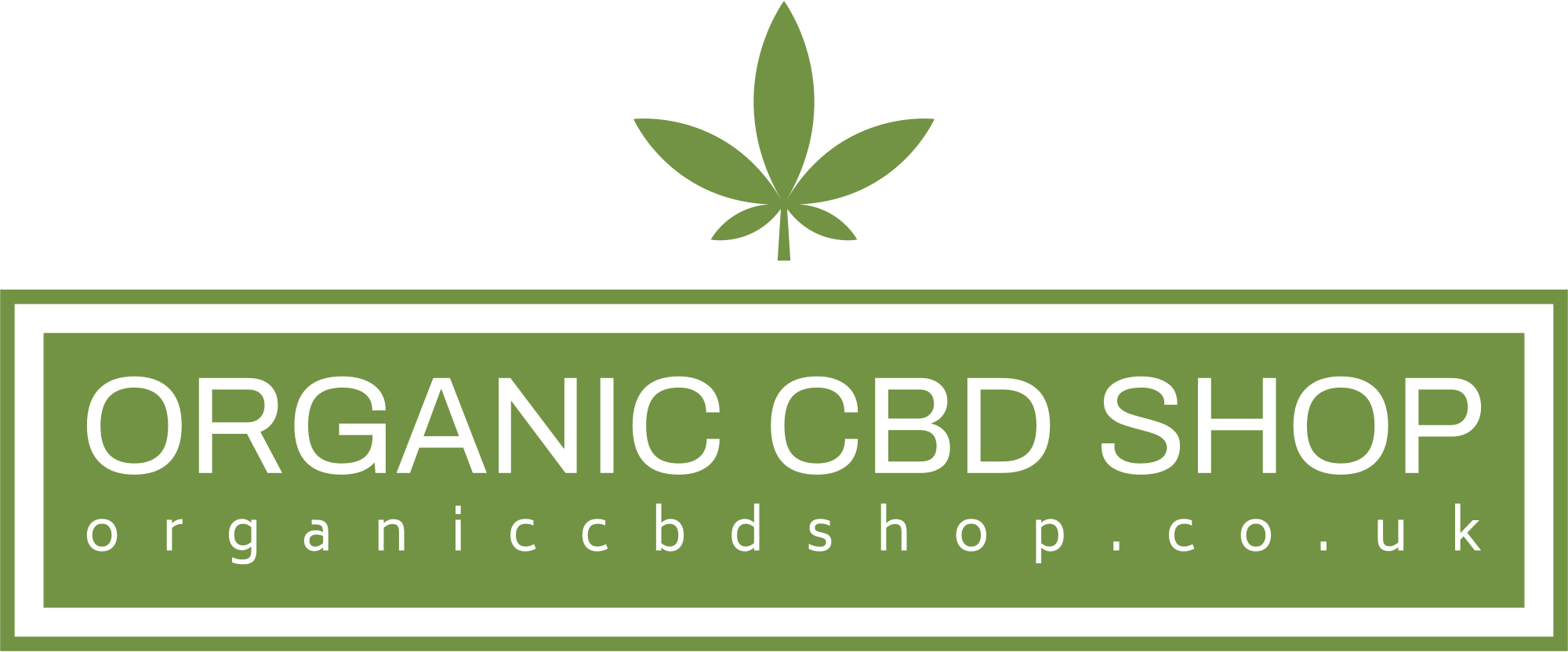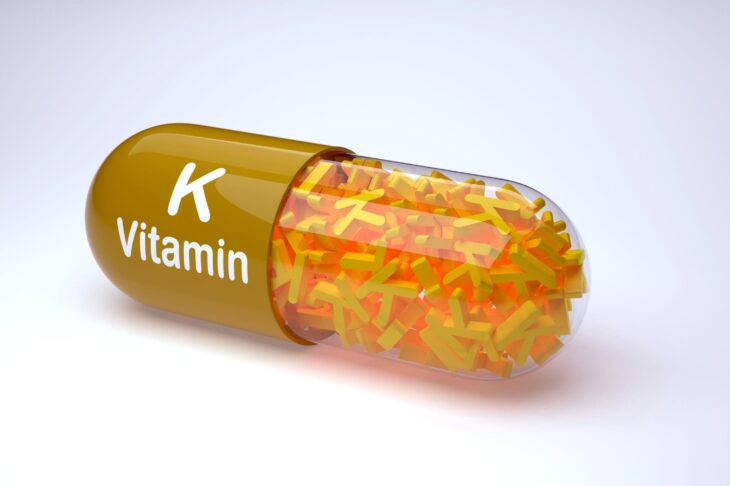
The Comprehensive Guide to the Benefits of Vitamin B7
Introduction
Vitamin B7, also known as biotin, is a water-soluble B-vitamin that plays a crucial role in various bodily functions. Biotin is often associated with promoting healthy hair, skin, and nails, but its benefits extend far beyond cosmetic improvements. In this comprehensive guide, we will explore the many health benefits of Vitamin B7, its essential functions in the body, dietary sources, potential deficiency symptoms, and its applications in modern health and well-being.
Introduction to Vitamin B7 (Biotin)
What Is Vitamin B7 (Biotin)
Vitamin B7, or biotin, is a water-soluble B-vitamin that serves as a cofactor for several enzymes in the body. These enzymes are involved in important metabolic processes, making biotin essential for overall health. It is classified as a B-vitamin because, like other B-vitamins, it plays a vital role in energy metabolism and the maintenance of healthy skin, hair, and nails.
Essential Functions of Biotin
Biotin is involved in various essential bodily functions, including
- Energy Metabolism: Biotin helps convert the carbohydrates, fats, and proteins from food into energy that the body can use.
- Skin Health: It is crucial for maintaining healthy skin, and a deficiency can lead to skin issues.
- Hair and Nail Health: Biotin is often associated with promoting strong and healthy hair and nails.
- Cell Growth and Repair: It is involved in the production of DNA and RNA, which are essential for cell growth and repair.
- Fatty Acid Synthesis: Biotin plays a role in the synthesis of fatty acids, which are critical for overall health.
Health Benefits of Vitamin B7
Healthy Skin
Vitamin B7 is essential for maintaining healthy skin. It helps to improve skin health by promoting cell growth and repair. Biotin can also help manage certain skin conditions, although it is not a cure. It may be recommended as part of a comprehensive approach to address issues like dermatitis and acne.
Hair Health
One of the most well-known benefits of biotin is its impact on hair health. Biotin supplements are often taken to strengthen hair and promote hair growth. While individual results can vary, some people experience improvements in hair thickness and reduced hair loss.
Nail Health
Biotin supplements are also commonly used to improve nail health. Biotin’s role in the production of keratin, a protein that makes up the hair and nails, is thought to contribute to stronger and healthier nails. This can be particularly helpful for individuals with brittle nails.
Metabolic Support
Vitamin B7 plays a crucial role in energy metabolism by aiding in the conversion of food into energy. This metabolic support can help enhance overall vitality and maintain healthy energy levels.
Cognitive Function
While the primary focus of biotin is often on its role in skin, hair, and nails, it also contributes to cognitive function. Biotin is involved in the synthesis of neurotransmitters, which are essential for brain health and cognitive performance.
Cardiovascular Health
Biotin is thought to play a role in supporting cardiovascular health. It helps metabolize fatty acids, which are involved in maintaining healthy cholesterol levels. By contributing to lipid metabolism, biotin may indirectly support cardiovascular well-being.
Blood Sugar Regulation
There is evidence to suggest that biotin may help regulate blood sugar levels in individuals with type 2 diabetes. Biotin supplements may aid in improving glucose utilization, although further research is needed to establish its efficacy.
Dietary Sources of Vitamin B7
Vitamin B7 is found in a variety of foods, and most individuals can obtain sufficient biotin through their diet. Some dietary sources of biotin include
- Eggs: Especially the yolks.
- Meat: Particularly liver, kidney, and pork.
- Nuts: Almonds, peanuts, and walnuts.
- Seeds: Sunflower seeds.
- Dairy Products: Milk and cheese.
- Fish: Salmon and sardines.
- Vegetables: Avocado, sweet potatoes, and spinach.
Biotin Deficiency
While biotin deficiency is rare, it can occur in certain circumstances. Some common causes of biotin deficiency include
- Prolonged Antibiotic Use: Antibiotics can disrupt the balance of bacteria in the gut, potentially impacting biotin production.
- Excessive Raw Egg White Consumption: Raw egg whites contain avidin, a protein that binds to biotin and prevents its absorption. Cooking eggs neutralizes avidin.
- Certain Health Conditions: Certain medical conditions, such as Crohn’s disease or alcoholism, can affect biotin absorption or utilization.
Symptoms of biotin deficiency can include hair loss, skin rashes, conjunctivitis, and neurological symptoms such as depression, lethargy, and hallucinations. If you suspect a biotin deficiency, it’s essential to consult with a healthcare professional.
Modern Applications of Vitamin B7
Supplements
Biotin supplements are readily available and commonly used to address specific health concerns, such as hair and nail issues. They come in various forms, including capsules, gummies, and liquids. Biotin supplements are generally considered safe when taken as directed.
Skincare Products
Skincare products containing biotin are used to promote healthy skin. These products may include creams, lotions, and serums designed to improve skin texture and address skin conditions.
Hair and Nail Products
Biotin is a common ingredient in hair and nail care products, including shampoos, conditioners, and nail strengtheners. These products are formulated to enhance hair and nail health.
Conclusion
Vitamin B7, or biotin, is a vital nutrient that supports various aspects of health, including skin, hair, nails, metabolism, and cognitive function. While many people obtain sufficient biotin from their diets, supplements and specialized products have gained popularity for addressing specific health concerns. Biotin supplements are generally considered safe, but it’s important to use them as directed and consult with a healthcare professional if you suspect a deficiency or have specific health concerns. Biotin continues to be a subject of interest in the fields of beauty, nutrition, and overall well-being, as its benefits extend beyond the realm of cosmetic improvements.
- The Comprehensive Guide to the Benefits of Vitamin K2 - October 25, 2023
- The Comprehensive Guide to the Benefits of Vitamin B7 - October 25, 2023
- The Comprehensive Guide to the Benefits of Zinc - October 25, 2023


